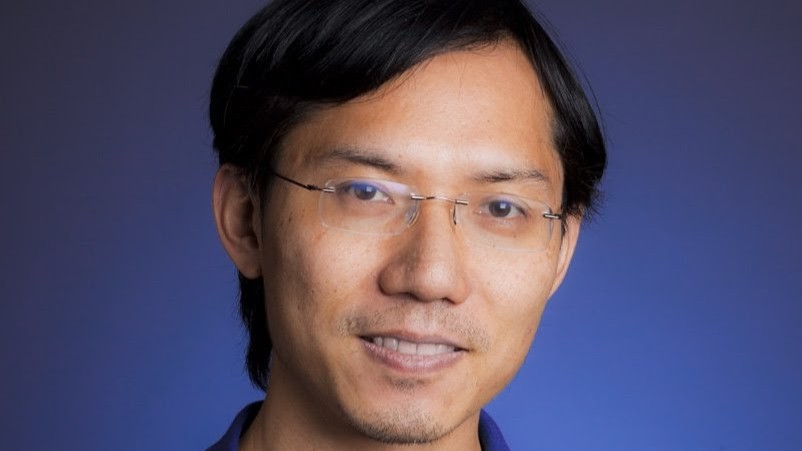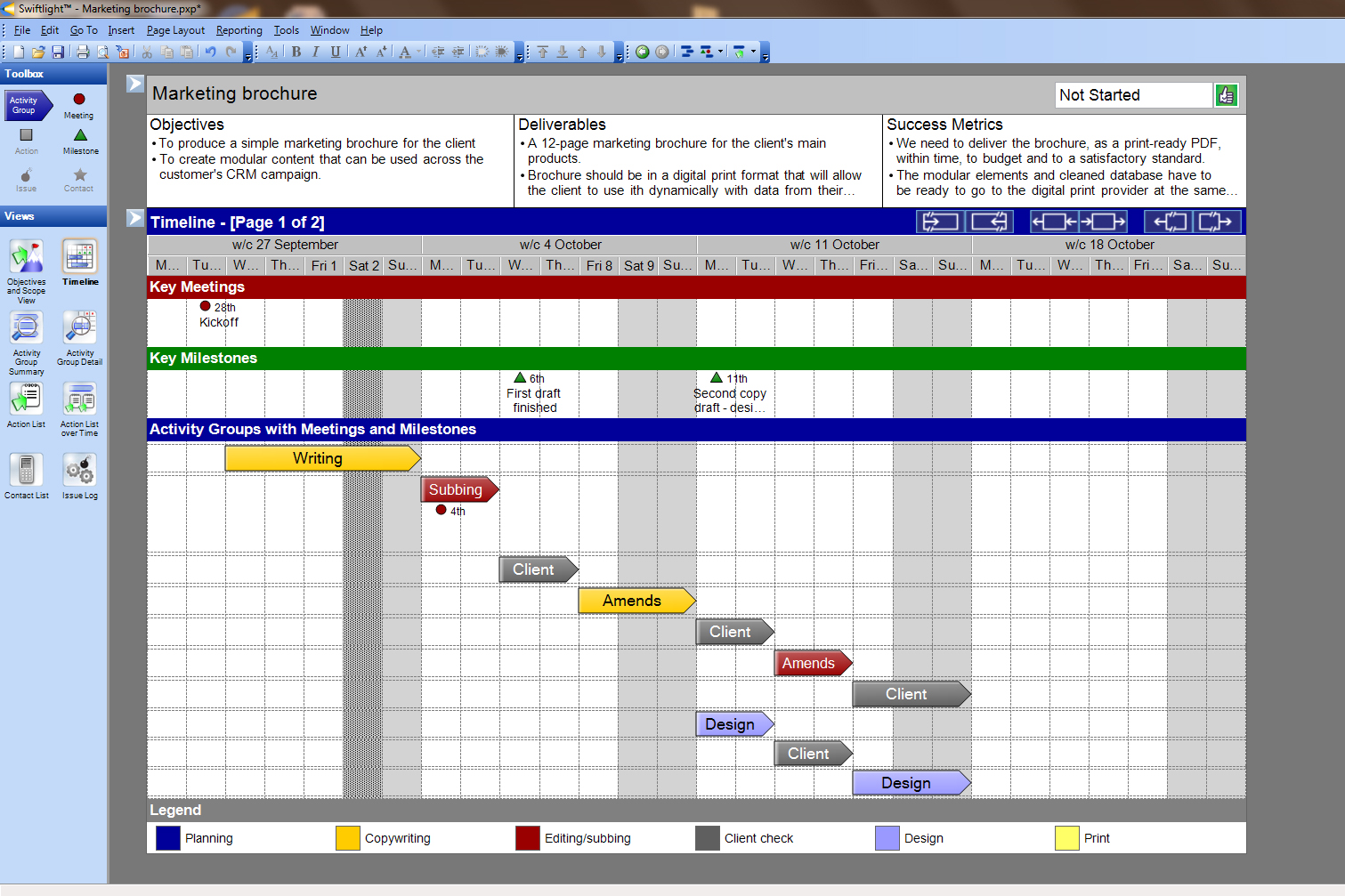IT automation no threat to employee productivity, research shows
A new report from the Economic Intelligence Unit shines a light on management automation fears.


Robots are not taking over the world and there's still hope for the human race, according to a new survey from the Economic Intelligence Unit.
According to the research, nearly three out of four respondents disputed the idea that automation was making employees less creative. In fact, 58 per cent of them thought technology actually improved the creative thinking of their employees.
But it's not all good news. European managers are more concerned about their ability to keep up with technology, and 45 per cent of them felt they were losing their competitive edge, compared with 35 per cent of Asian managers and 37 per cent of those in North America.
Introducing the report, Dennis McCauley, director global technology research for the Economist Intelligence Unit, said the aim had been to look at how the human and technology interaction was playing out within organisations.
"There are a lot of concerns about machines approaching on the domains of human; fears that the robots were taking over. To take some examples, look at Google's driverless cars and what that would mean to taxi drivers or IBM's Watson and its work in heath diagnostics."
But, he added, the fears were unfounded with most businesses using technology for greater creativity.
That being said, there were other concerns. "The people we spoke with said the biggest reason for problems was that systems weren't connected properly."
Get the ITPro daily newsletter
Sign up today and you will receive a free copy of our Future Focus 2025 report - the leading guidance on AI, cybersecurity and other IT challenges as per 700+ senior executives
The survey found that managers considered process failure, rather than technology itself, to be the biggest cause of technological problems. Forty per cent of respondents claimed this, higher than the 38 per cent who claimed the fast-evolving nature of technology was the biggest problem.
McCauley said this system disconnect was the cause of technological failures, such as last year's New York Stock Exchange glitch, where a surge in trading caused a massive loss, and the NHS electronic patient records fiasco. "In both those cases, the processes were not right, they were human issues rather than technological ones," he said.
There was one area, however, where technology is hampering creativity, said McCauley. Eighty-two percent of respondents said the time taken up responding to email had increased in the last three years.
He agreed this was an issue that needed to be looked at but said the overall picture for industry was healthy. "The surprising thing for us was how positive the respondents were towards technology. It doesn't have to narrow the scope for being more imaginative and in future, there will be greater harmony between humans and machines."
Max Cooter is a freelance journalist who has been writing about the tech sector for almost forty years.
At ITPro, Max’s work has primarily focused on cloud computing, storage, and migration. He has also contributed software reviews and interviews with CIOs from a range of companies.
He edited IDG’s Techworld for several years and was the founder-editor of CloudPro, which launched in 2011 to become the UK’s leading publication focused entirely on cloud computing news.
Max attained a BA in philosophy and mathematics at the University of Bradford, combining humanities with a firm understanding of the STEM world in a manner that has served him well throughout his career.
-
 Westcon-Comstor and Vectra AI launch brace of new channel initiatives
Westcon-Comstor and Vectra AI launch brace of new channel initiativesNews Westcon-Comstor and Vectra AI have announced the launch of two new channel growth initiatives focused on the managed security service provider (MSSP) space and AWS Marketplace.
By Daniel Todd Published
-
 Third time lucky? Microsoft finally begins roll-out of controversial Recall feature
Third time lucky? Microsoft finally begins roll-out of controversial Recall featureNews The Windows Recall feature has been plagued by setbacks and backlash from security professionals
By Emma Woollacott Published
-
 Twilio appoints Google Hangouts innovator as chief product officer
Twilio appoints Google Hangouts innovator as chief product officerNews Chee Chew will lead the company's relationship with developers, helping them create customer experiences
By Clare Hopping Published
-
 What is ISO 9001?
What is ISO 9001?In-depth We explain the principles of ISO 9001 and who should consider getting certified
By Clare Hopping Published
-
 Getting buy-in on agile
Getting buy-in on agileIn-depth How to successfully implement agile development
By Joe Curtis Published
-
 Gartner: Extreme transformation is on the horizon for some leaders
Gartner: Extreme transformation is on the horizon for some leadersNews PPM leaders must prepare for extreme transformation, according to the analyst firm
By Rene Millman Published
-
 Google urges businesses to get mobile
Google urges businesses to get mobileNews The launch of Get Mo encourages companies to make their websites mobile and attract more customers to their brands.
By Jennifer Scott Published
-
 Swiftlight review
Swiftlight reviewReviews Swiftlight's eponymous project management software is inexpensive and is aimed at novices. Karl Wright takes a closer look to find out whether it really is suitable for inexperienced users.
By Karl Wright Published
-
 Web 2.0 to change business?
Web 2.0 to change business?News The speed and flexibility of so-called Web 2.0 tech is forcing enterprises to evolve, according to a new report.
By Nicole Kobie Published
-
 Ministers out of the loop on IT projects
Ministers out of the loop on IT projectsNews Poor project management and inexperienced staff are increasing risks for complex government IT programmes, according to a report from the Public Accounts Committee.
By Nicole Kobie Published